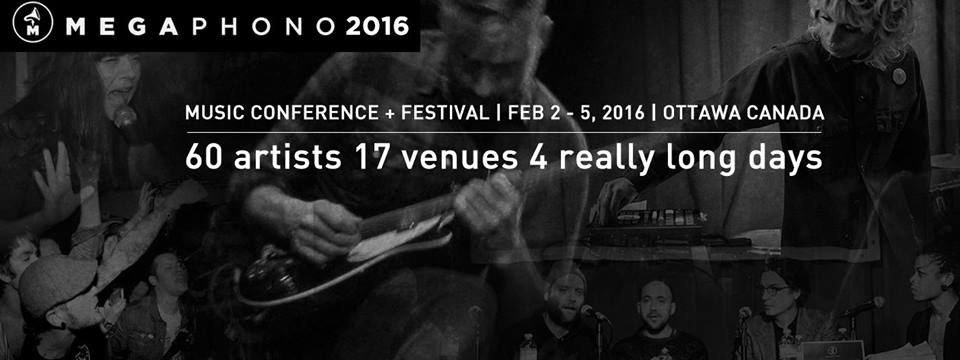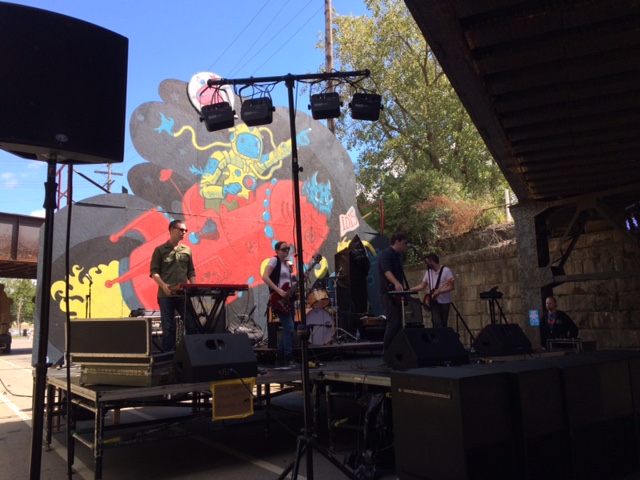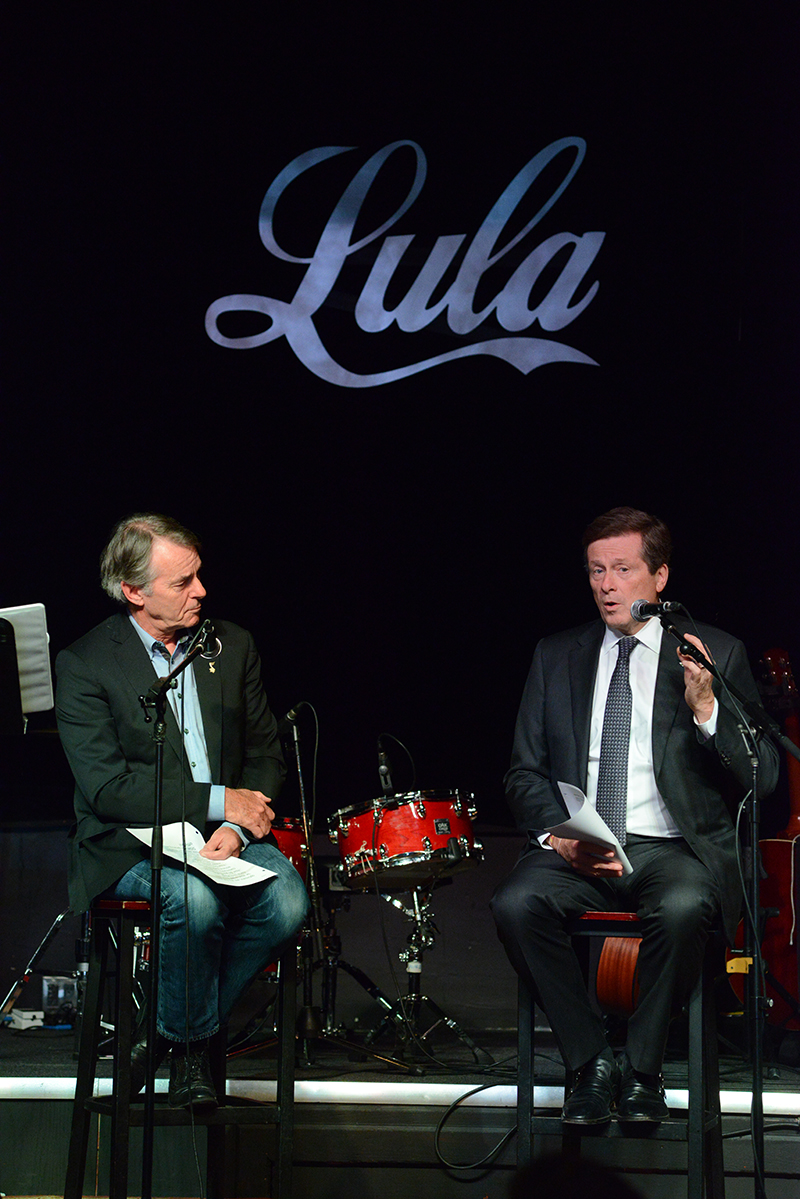
Earlier this week, a motion to explore options for increasing city support for music and musicians was brought before Vancouver’s City Council. The motion was raised by Councillor Heather Deal and was referred to the City’s Standing Committee on Policy and Strategic Priorities.
“Vancouver is home to a vibrant, multicultural music ecology,” the motion reads, calling attention to the numerous musicians, live music venues, independent music producers, and recording studios which call the city home. It also recognizes the recent announcement by the Government of BC which will see $15 million in funding towards the creation of a BC Music Fund.
The motion proposes that city staff explore options which would make the city more music and musician-friendly. These include:
- creating a working group focused on music,
- advocating for and supporting music education,
- exploring a multi-city music alliance with other cities with a strong music community,
- working with Tourism Vancouver and Business Improvement Areas to identify and support tourism opportunities,
- seeking further opportunities to leverage city-owned properties for use by artists, including musicians,
- continuing to reduce unnecessary processes and regulations which affect music production and performance.
The Downtown Vancouver BIA was instrumental in sparking the conversation regarding city music policies, by bringing together Vancouver’s business and music community, as well as City staff and Councillors Elizabeth Ball, Heather Deal, and Adriane Carr, for a discussion on music cities earlier this month. Music Canada’s Graham Henderson spoke at the event regarding the role cities can play in incubating music scenes, and presented findings from Music Canada’s The Mastering of a Music City report, which outlines a roadmap that communities of all sizes can follow to realize the full potential of their music economy, as well as our new report, BC’s Music Sector: From Adversity to Opportunity, which highlights British Columbia’s wealth of talented artists and music assets and the factors that have put these assets at risk.
The report, citing in-depth interviews with more than 100 individuals in BC’s music sector, details the numerous benefits that a vibrant music economy, alongside supportive city policy, can bring. These benefits are not limited to quality of life and cultural development, but include economic diversification, the attraction and retention of talent in other industries, and music tourism.







Music Canada